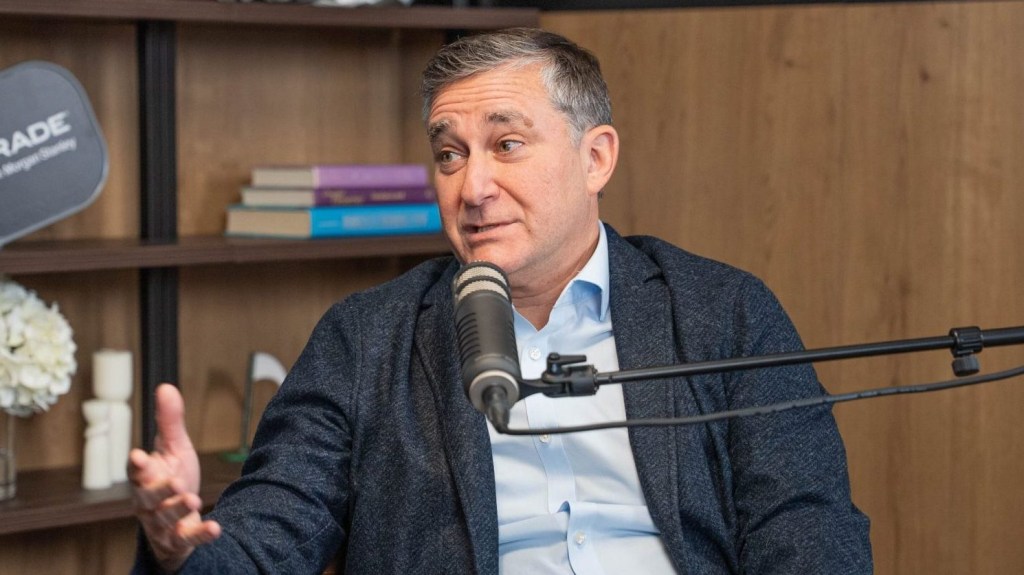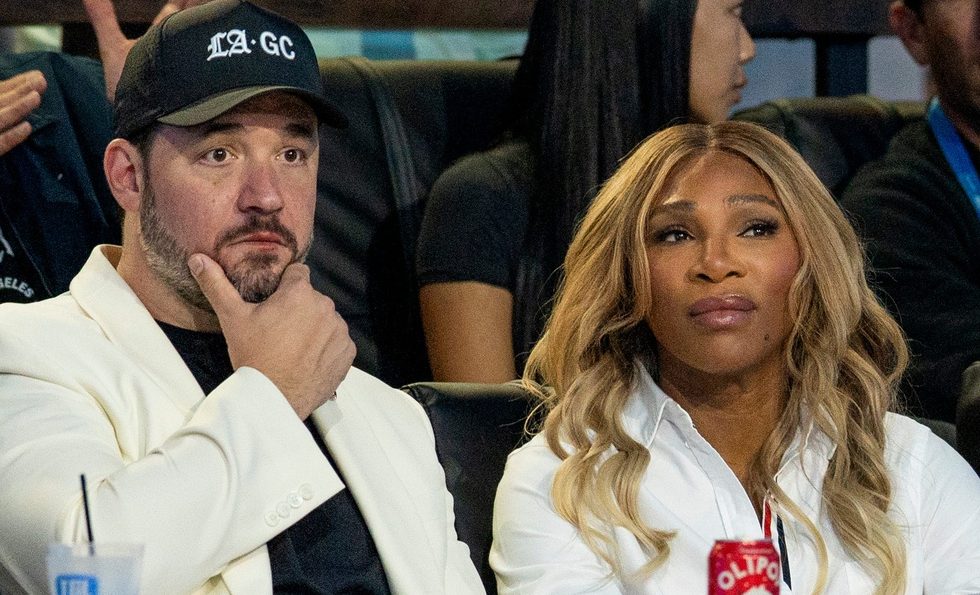By: Jason Stein, @Jstein209

Front Office Sports is proud to have sat down with Rebecca Ralston, Senior Manager with Special Olympics. Ms. Ralston has supported the sports business industry from the non-profit space for much of her career. She has spent the past five years with Special Olympics. Ms. Ralston currently manages Young Athletes, a motor development program for two to seven year olds with intellectual disabilities. Previously, she worked with Special Olympics Project UNIFY, where she was responsible for organizing efforts to engage and educate young leaders across the country through the Special Olympics movement of inclusion and acceptance. Ms. Ralston was more then happy to offer up her time to describe her work in sports as well as provide her insight to those starting their journey working in sports business.
What does your role entail and how has your experience been with the Special Olympics?
When we think of sports, most people tend to think of the teams or leagues side, but there’s a very strong nonprofit side that really uses sports as an important tool for social change in a variety of different ways.
For us at Special Olympics, we use sports as a vehicle to change people’s perspectives about individuals with intellectual disabilities…to change the lives of people with intellectual disabilities and help their communities, their families, and the general public. We do this through sports because we know that sports breaks down barriers. Sports have an amazing power to connect people across different countries, race, and religion. That is a really powerful tool for us to change the world.
People don’t realize that we’re an international organization, and that we have programs in 170 countries around the world. We’re having the opportunity to go into rural villages in Africa, parts of Latin America, areas like Syria, where so much is happening in those countries. For our athletes to be able to participate in sports, and still feel value and purpose in their lives is a transformative experience.
In my role specifically, I oversee our Young Athletes program, which is basically a chance for us to connect with our future athletes. In Special Olympics, people are able to start competing at the age of eight, but we know that there’s a lot of valuable development that takes place early on. We started Young Athletes to teach children introductory sports skills. Learning how to kick a ball, learning how to balance, how to walk, how to run and all of those fundamental components that go into playing a sport.
What types of different challenges have you been faced with, expected or unexpected, at first getting into the sports industry and now with the Special Olympics?
Personally, one of my biggest challenges was just being taken seriously, and seeing our organization being taken seriously. I would tell people that I was working with Special Olympics, and that it was my passion. It was seen as more of a nice thing, not a critical sports organization or not even considered a sports organization in some cases.
Crossing that boundary that we are sports organization was the big challenge for me. I think that it’s a bigger challenge we have as an organization overall.
When you think about the nonprofit that you want to support, Red Cross can always get support when there’s an earthquake or when there’s a natural disaster. Special Olympics is often seen as a nice thing and since it’s sports it doesn’t need to be right now. But we are a credible organization and the impact that we can have doesn’t only impact people with intellectual disabilities, but there’s a much larger reach to impact on our society.
In the US, we have seen more and more inclusion, recognizing differences and accepting everyone for their differences. There’s a huge difference between the amount of bullying of people with intellectual disabilities, but there’s a lot of emphasis in our community right now to stop that and to be more inclusive and be more accepting.
Going through the sports program at Georgetown, developing relationships, building mentors and attending various networking events; what do you feel has been the most helpful in preparing you for what you’re doing today?
Having a strong mentor and someone that can help you understand the industry. One of the values of the Georgetown program was having professors and teachers who are in the industry. I was able to get really close with some of the professors and really start to understand what the sports world looked like.
As I started recognizing that I wanted to go towards the nonprofit side of sports, I was able to use their thoughts and feedback, and get advice from them about what would be best for me. I think there is so much that you can learn from someone who’s in the field right now and so much of that will never be a part of a textbook, but somebody has lived it in their real life.
From your experience, would you suggest aspiring sports business professionals focus on one particular area of the industry or should people cast a broader net and have more of an open mind when initially breaking into sports?
You have to have a goal at the end of the tunnel. You need to have a vision of where you want to be, but with the sports world, you have to be flexible in the way that you get there.
In sports, you may start in ticket sales, but if you have that vision of where you want to go, you can guide your career, but you have to be willing to be flexible. Saying I want to start in ‘X’ job at ‘X’ company is not the most realistic way of thinking about it, but you can say eventually I want to be in some organization or a team or league. Have an ultimate goal that drives you to get where you want to go and in your career.
Are there any particular qualities or traits in people that you feel are most important for someone to be successful working in sports?
I think you need to feel value in what you’re doing. There needs to be a connection in what you’re doing is part of a larger picture and the work is making a difference.
It’s hard from an entry-level position to see the connection and the value of what you bring to work. In the sports world, perseverance and being able to push through long hours, and working really hard for low pay, are quintessential in the industry.
You have to take ownership over your career. Knowing your internal drive and your connection will help you move forward. Recognizing an opportunity when it comes up, and not being afraid to take advantage of that is really important to becoming successful.
If you had to define the sports business industry in one word, what word would you use and why?
I would say drive. This is a really competitive industry and you have to have the internal drive that keeps you wanting to work in the industry.
Parting Thoughts?
There are so many skills that are learned through the sports world through a team environment that are transferable to life, and the more people that can get involved in sport at some level; learning cooperation, teamwork, challenging yourself, pushing yourself, achieving personal bests…those kinds of things really transfer.
We would like to thank Rebecca for her time and insight and we wish her all the best in her future endeavors!
You can follow her on Twitter here or connect with her on LinkedIn here!
















